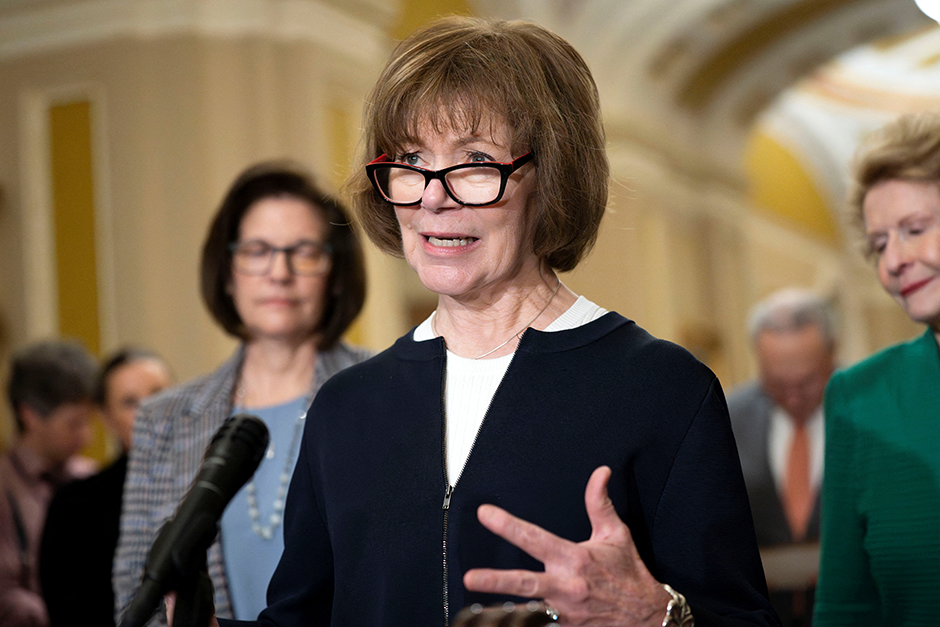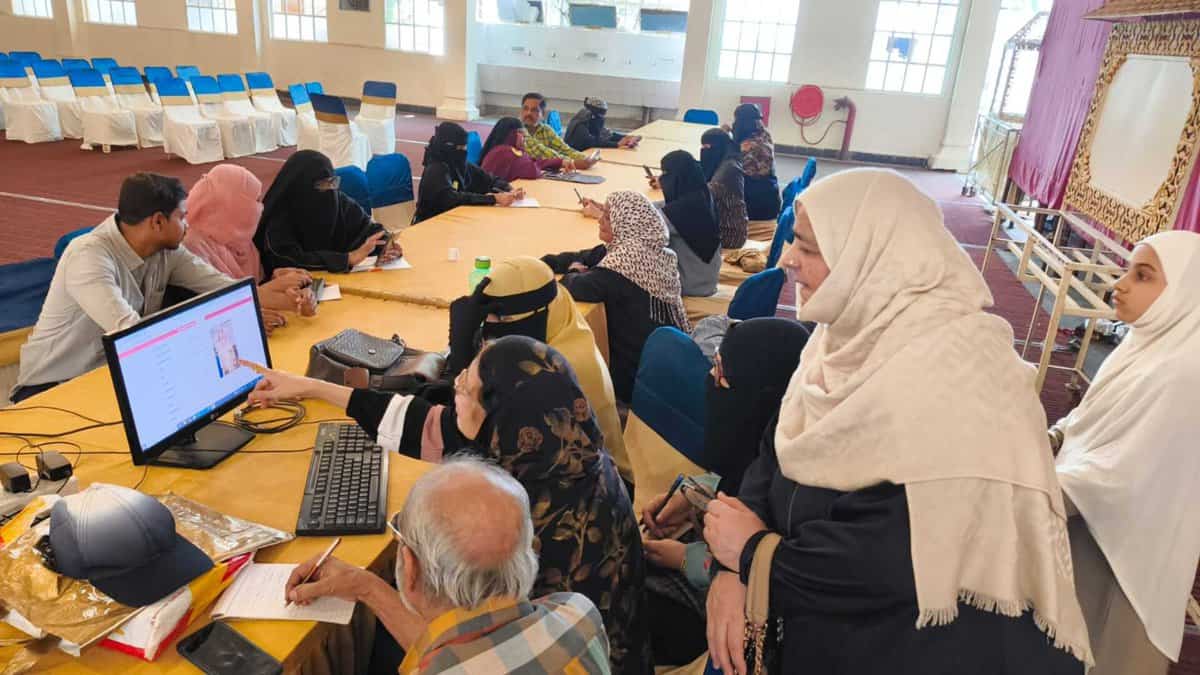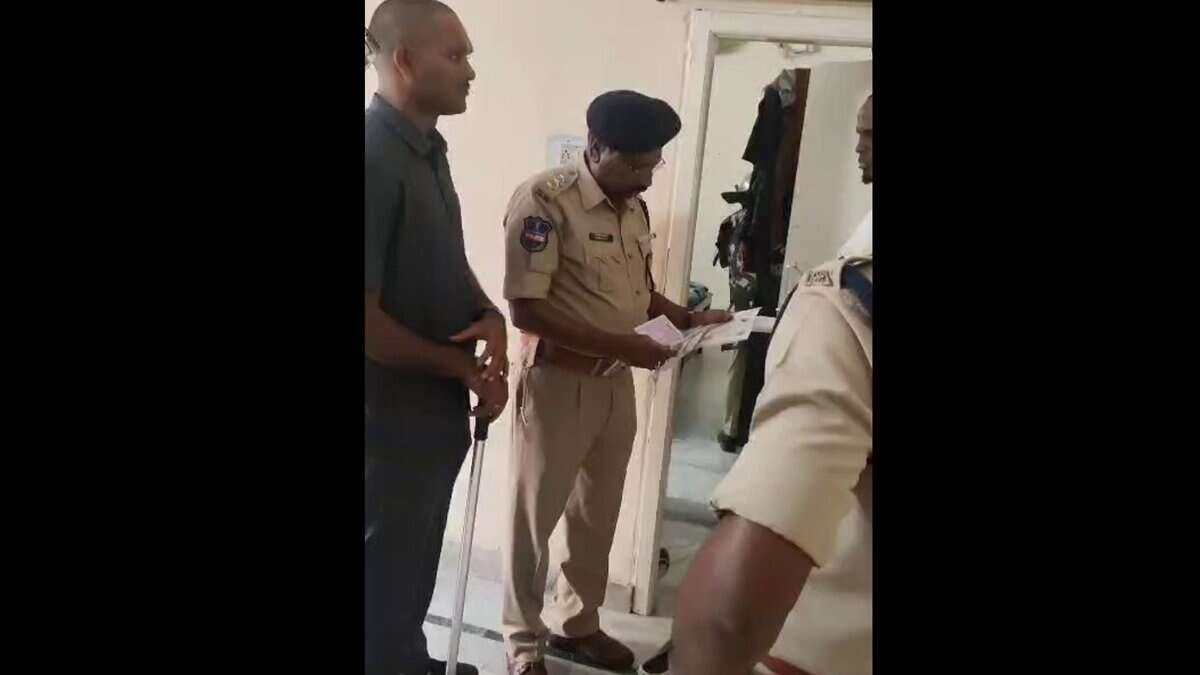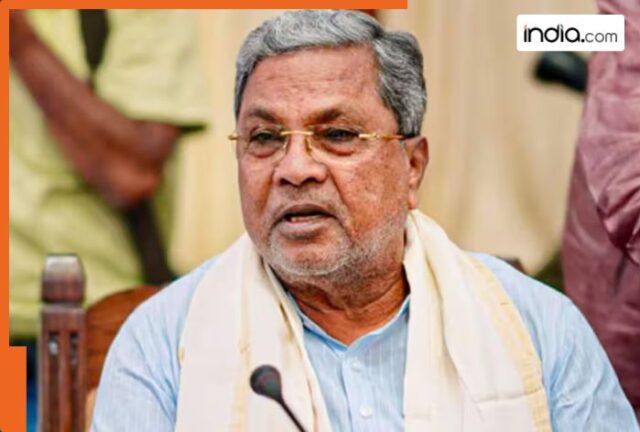The state itself is at a tipping point. Bengaluru’s global reputation as India’s Silicon Valley could falter if governance looks like a reality show.
Karnataka, a state that prides itself on its technological prowess, cultural richness, and agricultural vitality, seems to have lost its way in a maze of sensationalism and political short-sightedness. The latest uproar revolves around the arrest of Kannada film star Darshan Thoogudeepa in connection with the Renukaswamy murder case in June 2024. Alongside this, the state has been gripped by earlier scandals involving politicians like Prajwal Revanna and Muniratna, whose controversies turned newsrooms into battlegrounds of lurid details. While the law must take its course—whether Darshan is guilty or not—the relentless media frenzy and the actions of self-serving politicians are painting a troubling picture. What does this mean for Karnataka’s future, especially for its younger generation? Are we letting scandal drown out substance?
Darshan’s story is a classic case of celebrity meeting chaos. Arrested for his alleged role in the murder of a fan, the actor’s every move has been dissected by the media—his jail conditions, his visitors, even his rumored motives. Posts on X suggest conspiracies, with some claiming Renukaswamy was already dead before Darshan arrived, hinting at a setup by political rivals who see the star as a future threat. Whether true or not, the speculation fuels the fire. Meanwhile, the Karnataka Assembly has been rocked by other dramas—like the March 2025 honey-trap allegations from Cooperation Minister K N Rajanna, implicating 48 leaders. These stories, amplified by 24/7 coverage, overshadow the state’s real challenges. Why are politicians and media so fixated on short-term spectacle when long-term vision is what Karnataka needs?
The youth of Karnataka—millions of students, tech hopefuls, and rural dreamers—are watching this unfold. What opinion will they form? Growing up in Bengaluru’s startup hubs or Mandya’s farmlands, they see leaders squabbling over power and media cashing in on every sordid detail. Darshan’s case, like Prajwal Revanna’s sex scandal or Muniratna’s controversies, isn’t just news—it’s a lesson. Revanna, a former MP, faced charges of sexual assault in 2024, with explicit videos flooding public discourse. Muniratna, a BJP MLA, was embroiled in allegations of rape and blackmail that same year. Families couldn’t even watch TV together as channels aired graphic updates, turning pain into entertainment. For the younger generation, this could breed cynicism: if leaders and role models are this flawed, why trust anyone in power?
The media’s role is glaringly complicit. Every minute of Darshan’s saga—his arrest, his bail pleas, his fanbase’s reactions—gets wall-to-wall coverage. Kannada outlets, driven by competition and viewership, lean into the sensational because it sells. X posts reflect this too, with users noting how Darshan’s celebrity status drowns out quieter issues like press freedom or farmer struggles. The same happened with Revanna and Muniratna: the public got a flood of salacious tidbits, not solutions. This isn’t journalism—it’s a circus. And when the circus dominates, Karnataka’s image erodes. Outsiders don’t see a state of innovation or resilience; they see a soap opera where leaders and stars stumble from one disgrace to the next.
Politicians aren’t off the hook either. Across parties—Congress, BJP, JD(S)—the focus is on exploiting these scandals for leverage, not lifting the state. Rajanna’s honey-trap claims sparked BJP protests and Congress infighting, but where’s the debate on jobs or irrigation? Darshan’s case has politicians whispering about his political clout, yet none address how such distractions stall progress. Short-sightedness rules: win the news cycle, not the future. The result? Karnataka’s potential—its tech-driven economy, its agricultural backbone—gets sidelined. Youth unemployment hovers around 8%, farmers face drought, and industries crave investment, but the Assembly debates CDs and jail menus instead.
What’s the cost to the younger generation? They’re inheriting a state where trust is scarce. If Darshan, a cultural icon, is guilty, it’s a betrayal; if he’s framed, it’s proof of corruption’s reach. Revanna and Muniratna’s scandals already showed how power can corrupt, leaving families ashamed to face the news. Kids and teens aren’t blind—they see this. They might think success comes from fame or manipulation, not hard work or integrity. And when media turns trauma into a ratings game, it normalizes voyeurism over empathy. Karnataka’s youth deserve heroes who build, not headlines that destroy.
The state itself is at a tipping point. Bengaluru’s global reputation as India’s Silicon Valley could falter if governance looks like a reality show. Rural Karnataka, where half the population lives, needs leaders who fight for water and markets, not power plays. Darshan’s story, like the honey-trap row, could fade—but the damage lingers. If politicians keep chasing scandals and media keeps peddling them, Karnataka risks stagnation. Employment, education, and sustainability aren’t sexy, but they’re what keep a state alive. Leaders must pivot, and fast, or they’ll spoil a legacy worth saving.
So, what’s the fix? Let the law handle Darshan, Revanna, and their ilk—quietly, fairly. Politicians should ditch the drama and draft plans: skill programs for youth, incentives for factories, relief for farmers. Media can lead too—highlight the coder breaking barriers or the farmer beating odds. Karnataka’s story should be one of grit and growth, not gossip. The youth are watching, and they’ll judge us by what we prioritize. If we keep feeding them scandal, we’ll raise a generation that expects little and trusts less. But if we show them a state that rises above, they might just build one worth believing in. Karnataka’s not doomed yet—but its leaders and media need to wake up before it’s too late.
(The author Girish Linganna is an award-winning Science Writer and a Defence, Aerospace & Political Analyst based in Bengaluru. He is also Director of ADD Engineering Components, India, Pvt. Ltd, a subsidiary of ADD Engineering GmbH, Germany. You can reach him at: girishlinganna@gmail.com)

















































